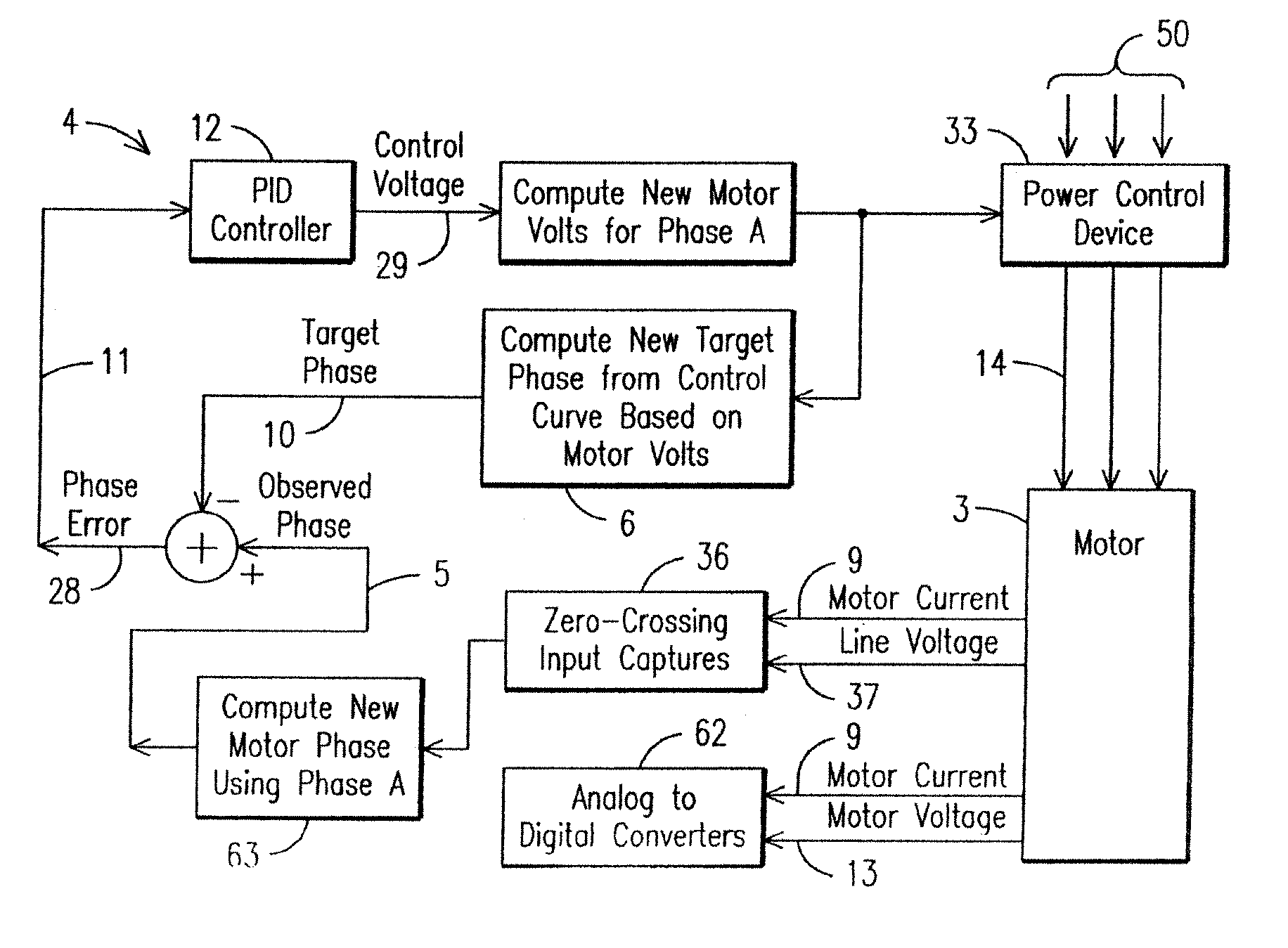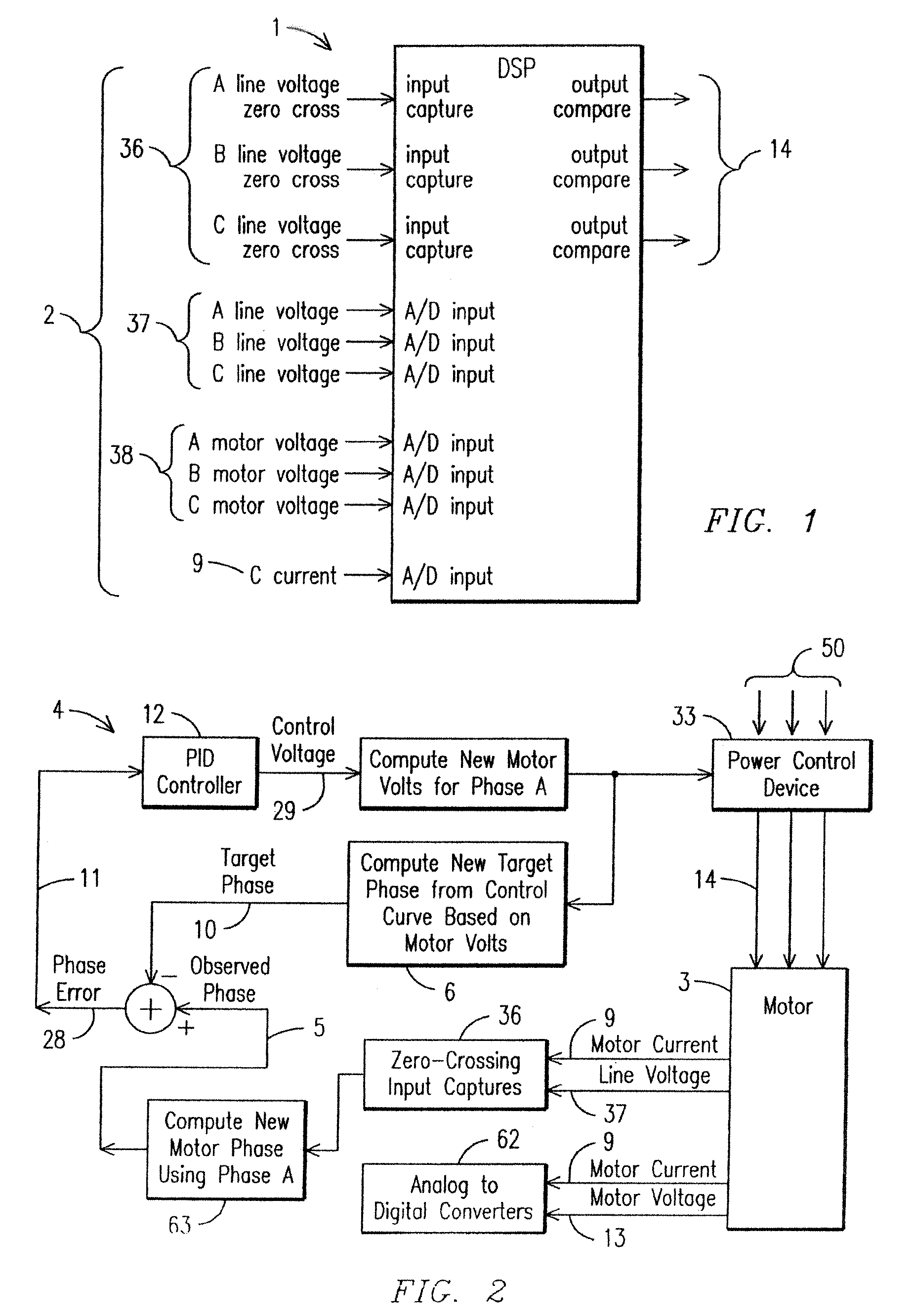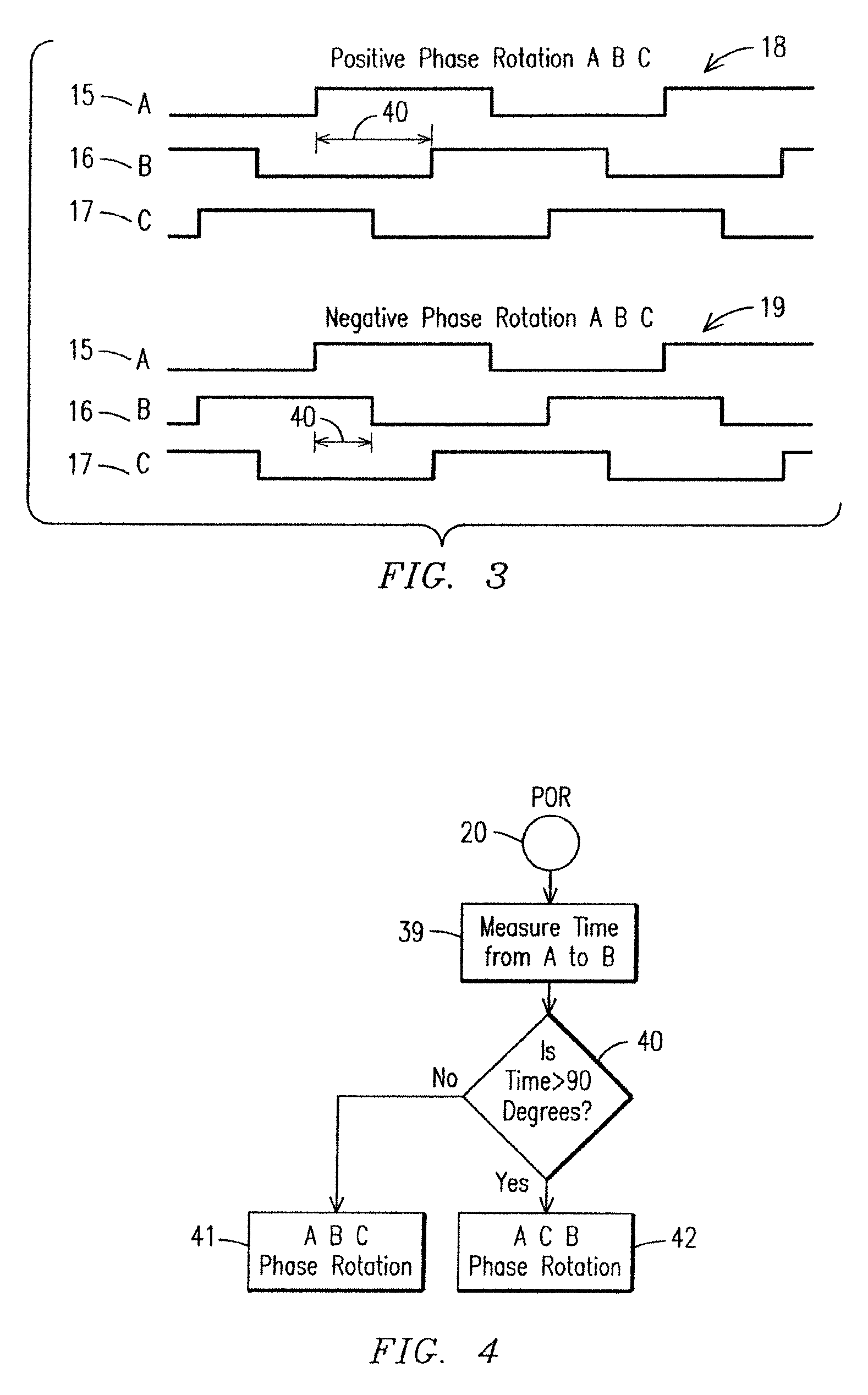Energy saving system and method for devices with rotating or reciprocating masses
a technology of energy saving system and energy saving method, which is applied in the direction of motor/generator/converter stopper, dynamo-electric converter control, ac motor direction control, etc., can solve the problem of ineffective mechanical solutions, inefficient generators, and significant excess of generated energy in the quantity of consumed energy required to produce any generation, so as to achieve further energy saving and energy consumption. , the effect of not consuming energy
- Summary
- Abstract
- Description
- Claims
- Application Information
AI Technical Summary
Benefits of technology
Problems solved by technology
Method used
Image
Examples
Embodiment Construction
[0071]Specific embodiments of the present invention will now be described in detail with reference to the accompanying figures. Like elements in the various figures are denoted by like reference numerals for consistency. Further, in the following detailed description of embodiments of the present invention, numerous specific details are set forth to provide a more thorough understanding of the present invention. In other instances, well-known features have not been described in detail to avoid obscuring the description of embodiments of the present invention.
[0072]With reference to FIG. 1, a block diagram of a digital signal processor (“DSP”) 1 and hardware inputs and outputs is shown. The DSP 1 can observe the operational characteristics of a motor and make corrections to root mean square (“RMS”) voltage for the motor that is running and under closed loop control. Hardware inputs 2 capture phase zero crossing inputs 36, phase line voltage 37, phase motor voltage 38 and current 9 an...
PUM
 Login to View More
Login to View More Abstract
Description
Claims
Application Information
 Login to View More
Login to View More - R&D
- Intellectual Property
- Life Sciences
- Materials
- Tech Scout
- Unparalleled Data Quality
- Higher Quality Content
- 60% Fewer Hallucinations
Browse by: Latest US Patents, China's latest patents, Technical Efficacy Thesaurus, Application Domain, Technology Topic, Popular Technical Reports.
© 2025 PatSnap. All rights reserved.Legal|Privacy policy|Modern Slavery Act Transparency Statement|Sitemap|About US| Contact US: help@patsnap.com



